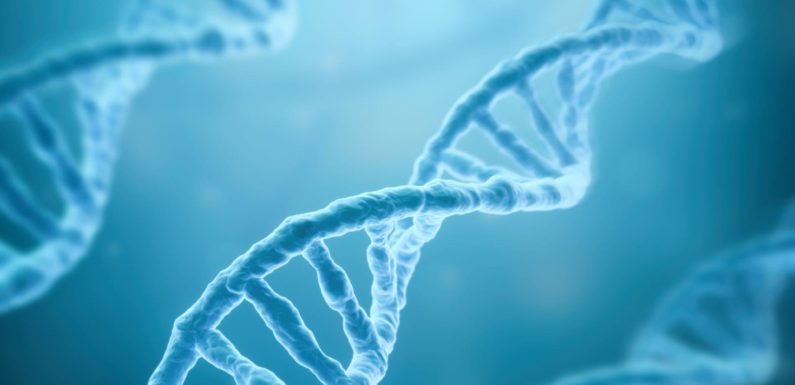
Organ failure usually refers to the damage caused to the organs like kidneys, heart, liver, brain and eyes. Out of this kidney is the most commonly transplanted organ followed by the liver and the heart. Every year thousands of people are facing this problem of kidney failure that can even lead to death in many cases.
Kidney failure is a condition where there is a lot of strain put on the kidney which is caused by various reasons. This includes high BP, diabetes, high cholesterol, kidney infection, blockage in urinary flow or any other genetic diseases. A healthy kidney can filter out waste and remove excess fluids from our bodies. But any kind of damage to it can lead to excess fluid, accumulation of electrolytes and waste resulting in Kidney failure.
Liver failure is caused by various conditions like Hepatitis B, Hepatitis C, long-term consumption, cirrhosis etc.
In any of these severe kidney and liver failures, the only solution to it is transplantation.
Transplantation
As we know organ transplantation can work best in many where there is an organ failure, many times this can be more complex and challenging for modern medicine. This is due to transplant rejection. Your body might have an auto-immune response that can lead to transplant failure and where the organ needs to be removed from the body immediately.
This rejection is mainly called Graft-versus-host disease (GVHD) which happens when your body rejects the transplanted tissue from a genetically different person.
Stem cells for kidney disease
Stem cell therapy is said to be highly anti-inflammatory. It works by lowering the level of chronic inflammation inside your body leading to proper healing. Thus, the body can regenerate the new tissues that can help to function normally.
Stem cell for Kidney failure
Just like any other stem cells, for kidney failure, there is something called the mesenchymal cells that can help in kidney healing. When this is transplanted into the person’s body, it will cause the regeneration of damaged kidney tissues leading to a reduction in inflammation. Thus, stem cells have proven beneficial without the need for the use of immunosuppressant drugs.
Here as the person’s own autologous stem cells are used, there are no chances of rejection. Thus, these autologous stem cells have an added advantage as you do not have to waste time in finding a donor for the same.
Kidney failure is one of the challenging ones to study and correct. They are complicated organs that provide very important filtration functions for your body. Apart from dialysis, only stem cell therapy is said to be the best option to tackle these damaged kidney problems. Stem cell treatment has reduced the inflammation in our body, which has caused improvement in kidney function.

Image Credit: https://www.istockphoto.com/photo/dna-strand-gm508496956-85302501
Research in stem cell treatment
With all these years having seen the increase in the usage of stem cells for various health issues, kidney damage is also seen improvement with this therapy. This is called regenerative medicine where the diseased, dysfunctional and injured tissue is repaired with the help of stem cells.
It is one great start of transplantation where instead of a donor organ, cells are used to repair the damaged organ. This helps us in more ways by not wasting our time finding a donor for the transplantation (as we know it’s a limited supply).
Scientists have also made the pieces of human liver from cells and used them on mice. It was just working like any other original healthy organ.
Though there is still a lot to study in this matter, a stem cell has marked its steps in treating kidney failure, which itself a major achievement. Though this cannot help us remove from dialysis in just 1 therapy, but can at least reduce the frequency of dialysis required.

